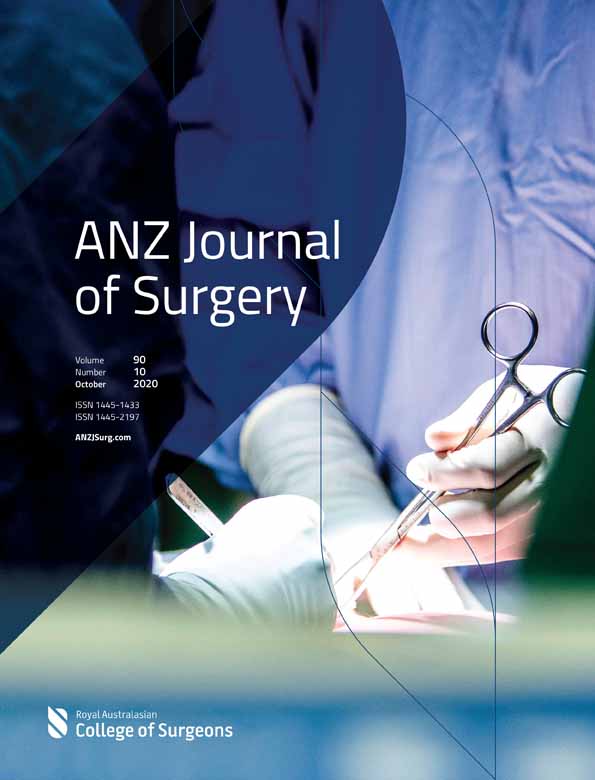Influence of obesity on the risk of recurrent acute diverticulitis
Abstract
Background
Acute diverticulitis (AD) is a common surgical problem with increasing incidence. Obesity has become epidemic in western countries. Obesity has been shown to increase the risk of developing AD; however, little is known about its influence on the risk of recurrence. The decision to perform elective surgical resection to reduce the risk of recurrent AD is made on an individual basis considering perceived risk of recurrence weighed against patient comorbidity. The aim of this study is to assess whether obesity affects the likelihood of developing recurrent AD.
Methods
A retrospective audit was conducted of all admissions with AD to a tertiary centre between 1998 and 2010. Medical records were reviewed and patients with an index presentation with AD included in the analysis. Imaging was used to calculate body mass index (BMI) for assessment of obesity. Follow-up was for a minimum of 3 years from admission.
Results
A total of 1299 patients were admitted with an index presentation of AD in the study period. 18.3% overall had recurrent AD, all of whom had confirmation on imaging. Computed tomography was used to calculate BMI in 849 patients, of whom 470 (55.4%) were considered obese (BMI >30). The likelihood of recurrent AD was not significantly different in obese patients compared to their non-obese counterparts (P = 0.2473).
Conclusion
While obesity increases the risk of developing AD overall, it does not appear to increase the likelihood of developing recurrent AD. This has implications for risk stratification when considering surgical resection to prevent recurrent AD.
Conflicts of interest
None declared.




